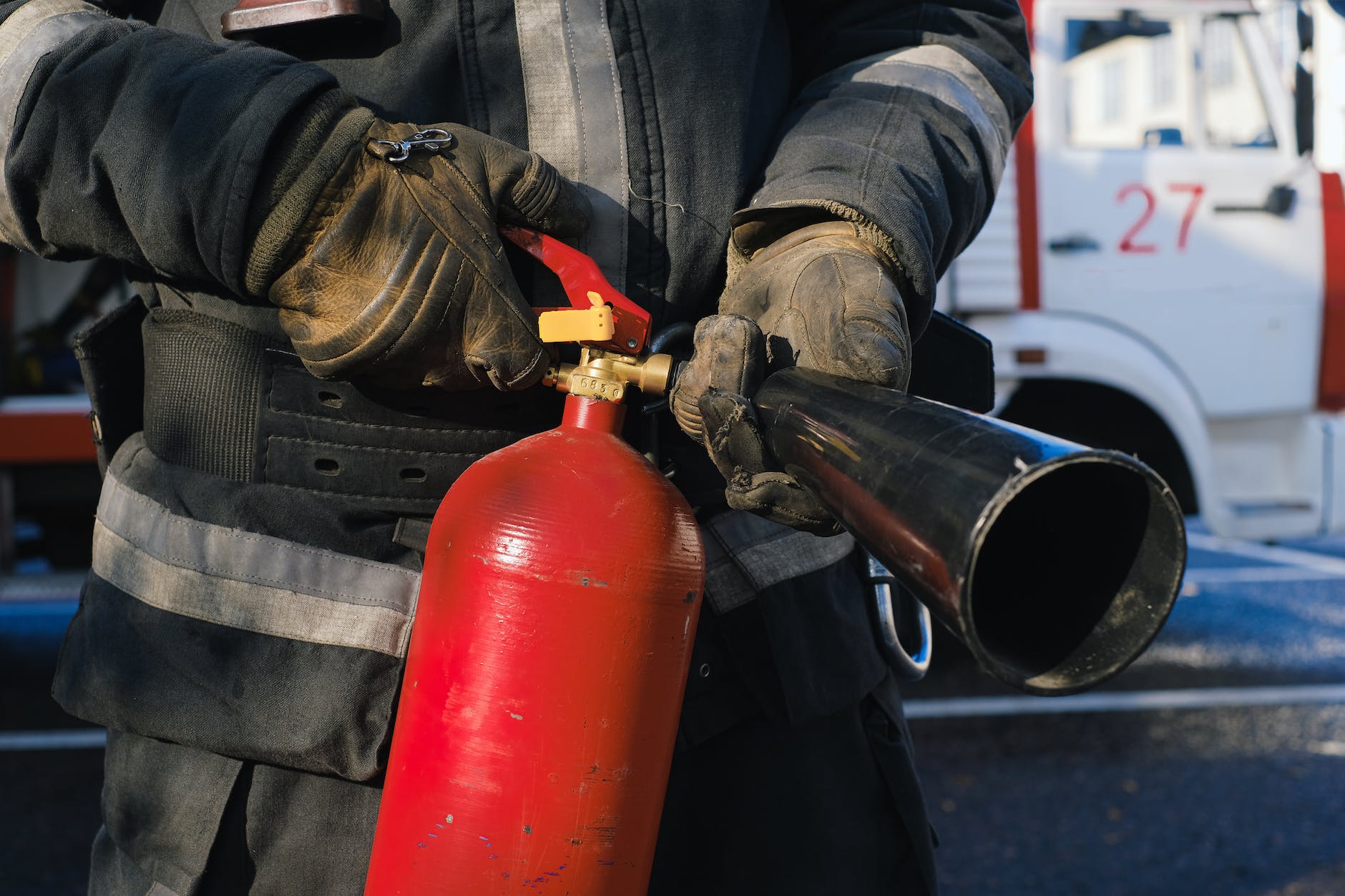
Introduction
Fire Extinguisher Interview Questions : In the realm of fire safety, fire extinguishers play a crucial role in preventing potential disasters. Whether you’re a seasoned professional or a job seeker aspiring to work in the fire safety industry, preparing for an interview can be a daunting task. This article will provide you with a comprehensive guide to common fire extinguisher interview questions and equip you with well-crafted answers to impress your potential employers.
Fire Extinguisher Interview Questions and Answers
If you’re preparing for a job interview in the field of fire safety or emergency management, being well-versed in fire extinguisher knowledge is crucial. Fire extinguishers are an essential tool in preventing the spread of fires and ensuring the safety of people and property. To help you ace your interview, we’ve compiled a list of common fire extinguisher interview questions along with their answers.
1. What are the different classes of fire extinguishers?
Different types of fires require different types of fire extinguishers. The classes are:
- Class A: For ordinary combustibles like wood and paper.
- Class B: For flammable liquids like gasoline.
- Class C: For electrical fires.
- Class D: For combustible metals.
- Class K: For cooking oil and grease fires.
- Water type fire extinguisher
- Foam type fire extinguisher
- CO2 type fire extinguisher
- DCP type fire extinguisher
- Wet chemical type fire extinguisher
2. How does a fire extinguisher work?
Fire extinguishers work by removing one or more elements of the fire tetrahedron: heat, oxygen, fuel, and chemical reactions. They do this through techniques such as cooling, smothering, or interrupting the chemical reaction.
3. What’s the PASS technique when using a fire extinguisher?
PASS stands for:
- Pull the pin.
- Aim the nozzle at the base of the fire.
- Squeeze the handle.
- Sweep from side to side.
4. When should you inspect a fire extinguisher?
Fire extinguishers should be inspected monthly to ensure they’re in proper working condition. Additionally, a professional inspection should be conducted annually.
5. How often should fire extinguishers be serviced?
Fire extinguishers need to be serviced every 6 years for basic models and every 12 years for more complex ones. This involves emptying, examining, and refilling the extinguisher.
6. What should you do if a fire extinguisher’s pressure gauge is in the red zone?
If the pressure gauge is in the red zone, the extinguisher might not function properly. It should be replaced or serviced immediately.
7. How can you identify the expiration date of a fire extinguisher?
The expiration date of a fire extinguisher is usually indicated on the manufacturer’s label. If the extinguisher is past its expiration date, it needs to be replaced.
8. Can you use water on all types of fires?
Water should not be used on fires involving electrical equipment or flammable liquids. It’s best suited for Class A fires involving ordinary combustibles.
9. How do you maintain a fire extinguisher in cold weather conditions?
Cold temperatures can affect the pressure and effectiveness of a fire extinguisher. Store them in a controlled environment and regularly check the pressure levels.
10. What’s the importance of regular fire drills?
Fire drills help ensure that people know how to use fire extinguishers and follow evacuation procedures correctly. This preparedness can save lives in emergency situations.
11. How can you safely dispose of an expired fire extinguisher?
Contact your local hazardous waste disposal center or fire department for guidance on safe disposal methods.
12. What’s the recommended height for installing fire extinguishers?
Fire extinguishers should be installed at an easily accessible height, typically between 3 to 5 feet above the ground.
13. Can you recharge a disposable fire extinguisher?
No, disposable fire extinguishers cannot be recharged. Once they are used or have passed their expiration date, they should be replaced.
14. What training is required to use a fire extinguisher effectively?
Basic training on using fire extinguishers effectively should cover understanding fire types, the PASS technique, and evacuation procedures.
15. Why is it important to have different types of fire extinguishers in a building?
Different fire scenarios require different fire extinguisher types. Having the appropriate ones on hand ensures you can effectively combat various fire types.
In conclusion, acing a fire extinguisher-related interview requires a solid understanding of fire classes, extinguisher operation, maintenance, and safety procedures. By preparing thoroughly and familiarizing yourself with the questions and answers provided above, you’ll be well-prepared to demonstrate your expertise in fire safety during your interview.
Frequently Asked Questions
Q1: Can I use a water-based fire extinguisher on an electrical fire? A1: No, using water on an electrical fire can lead to electrocution. Use a Class C fire extinguisher instead.
Q2: Are there portable fire extinguishers for cars? A2: Yes, compact fire extinguishers designed for vehicles are available to address small fires that might occur while driving.
Q3: Can I refill a fire extinguisher myself? A3: It’s recommended to have a certified professional handle fire extinguisher refills to ensure proper functioning.
Q4: What’s the best way to remember the PASS technique under pressure? A4: Practice makes perfect. Familiarize yourself with the steps through repetition and hands-on training.
Q5: Can I use a fire extinguisher more than once? A5: Yes, if it’s a rechargeable extinguisher, it can be refilled and used multiple times within its service life.
Conclusion
Mastering fire extinguisher interview questions is a crucial step in securing a role in fire safety. Through comprehensive knowledge, practical examples, and a proactive approach to fire prevention, you can stand out as a valuable asset to any organization dedicated to safeguarding lives and property.
























